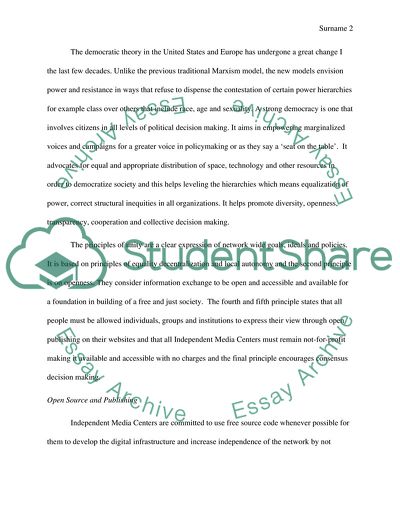Cite this document
(The Political Economy of Communication and Media Coursework, n.d.)
The Political Economy of Communication and Media Coursework. https://studentshare.org/media/1868352-political-economy-of-communication
The Political Economy of Communication and Media Coursework. https://studentshare.org/media/1868352-political-economy-of-communication
(The Political Economy of Communication and Media Coursework)
The Political Economy of Communication and Media Coursework. https://studentshare.org/media/1868352-political-economy-of-communication.
The Political Economy of Communication and Media Coursework. https://studentshare.org/media/1868352-political-economy-of-communication.
“The Political Economy of Communication and Media Coursework”. https://studentshare.org/media/1868352-political-economy-of-communication.


